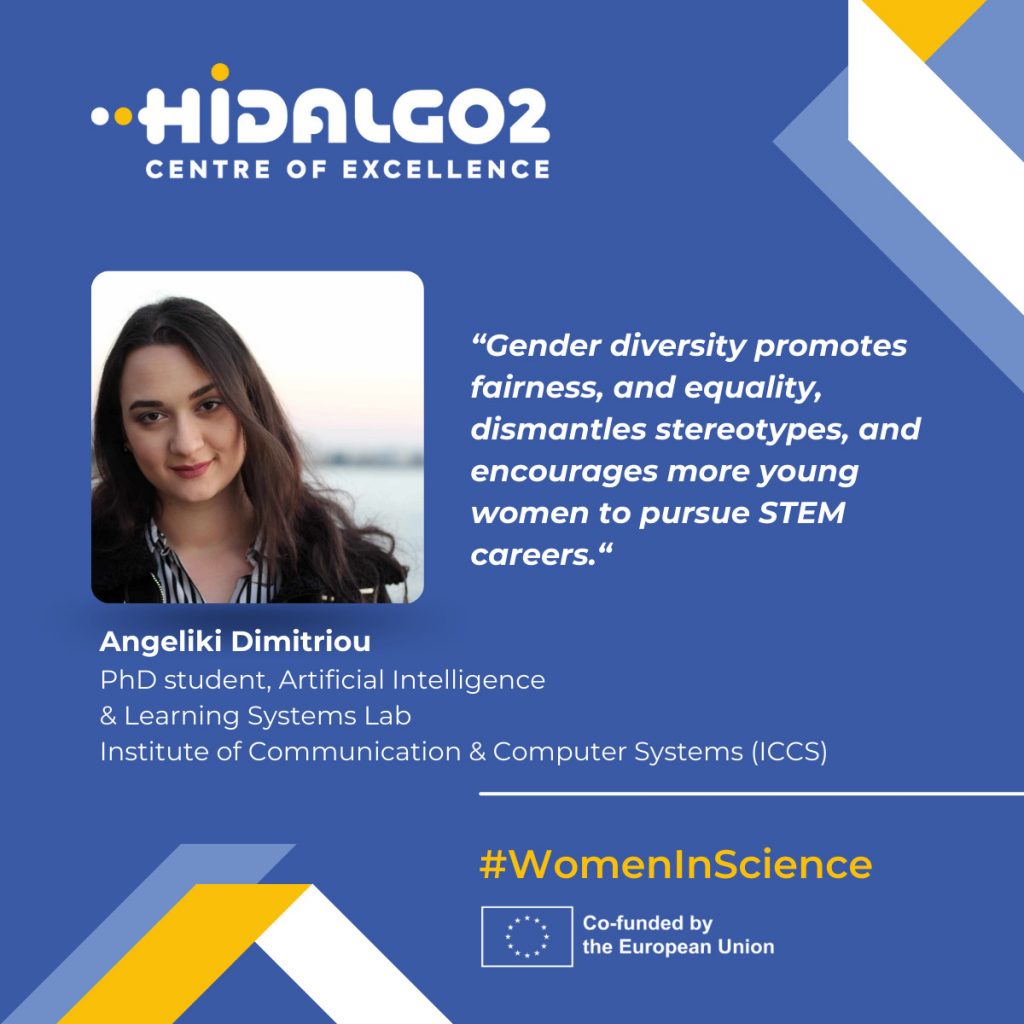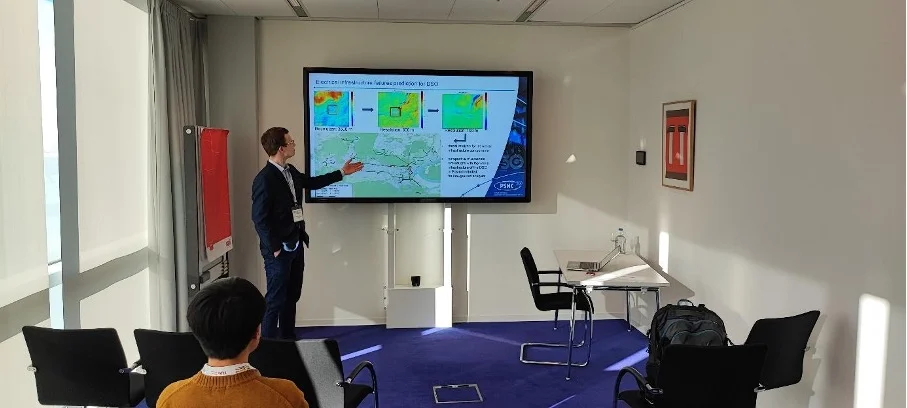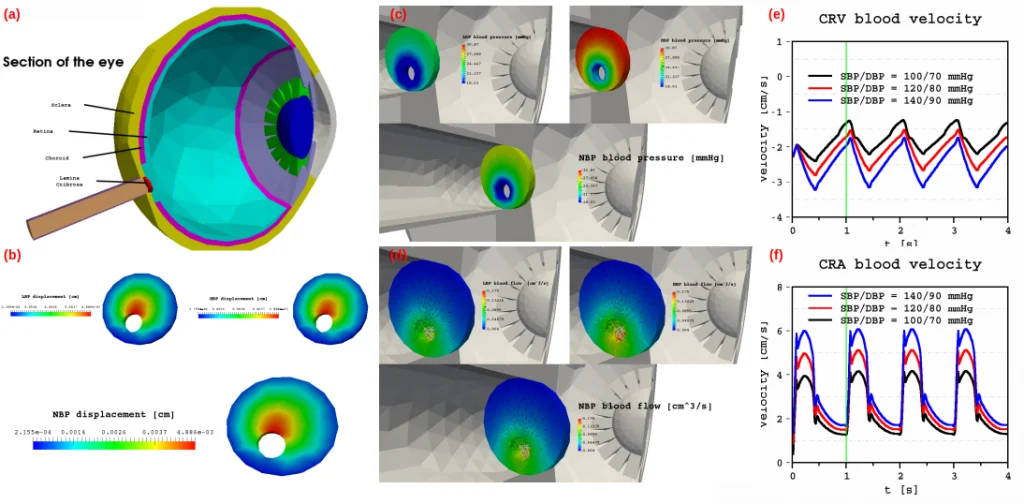
As we approach “Woman in Science Day” on February 11, 2024, we have initiated a series of articles that will introduce you to accomplished women spearheading projects such as HiDALGO2. This series will highlight their efforts in applying High-Performance Computing (HPC) to tackle environmental and societal challenges.
We inquired about their project involvement, the diverse roles they’ve assumed, and the significance of gender diversity in their domain. Let’s start by introducing Angeliki Dimitriou from the Institute of Communication and Computer Systems (ICCS), a collaborative partner in the HiDALGO2 project.
Angeliki Dimitriou is a PhD student at the Artificial Intelligence and Learning Systems Lab at the National Technical University of Athens, currently focusing her research on Explainable Artificial Intelligence and Graph Neural Networks.
Describe your role within the HiDALGO2 project. What sparked your interest in joining this project?
In the HiDALGO2 project, my role involves providing AI support within the pilots by designing and implementing machine learning models to enhance accuracy, efficiency, and explainability. Joining this project at the intersection of HPC, HPDA, and AI is particularly intriguing. Collaborating with HPC and HPDA teams reflects the cutting-edge synergy essential in today’s society, where artificial intelligence is crucial in advancing solutions for a rapidly changing world. Especially, in the context of addressing global environmental challenges, HiDALGO2 is an incredibly relevant endeavour.
In your role within HiDALGO2, how do you contribute to the project’s mission?
In my role within HiDALGO2, I actively contribute to the project’s mission by providing crucial AI support to the pilots. Specifically, I design and implement machine learning models to enhance the accuracy, efficiency, and explainability of the tools developed by the project. This directly aligns with HiDALGO2’s mission of bringing together advanced solutions in HPC, HPDA, and AI to provide stakeholders and decision-makers with effective tools. By ensuring the rapid delivery of research-relevant knowledge, my work addresses the urgent need to mitigate the consequences of climate and civilisation phenomena.
“Collaborating with HPC and HPDA teams reflects the cutting-edge synergy essential in today’s society, where artificial intelligence is crucial in advancing solutions for a rapidly changing world“
As a woman working on a STEM-related project like HiDALGO2, what are your thoughts on the importance of gender diversity in the field?
Being a woman in HiDALGO2, a STEM project, I emphasise the critical role of gender diversity. In STEM, diverse teams bring a broader range of ideas crucial for tackling complex challenges. Gender diversity promotes fairness, and equality, dismantles stereotypes, and encourages more young women to pursue STEM careers. It ensures a wide array of talents, leading to more robust outcomes in research and development, ultimately enhancing our collective ability to address global challenges.
“Seeking mentors and building a supportive community can guide you through challenges and provide a platform to celebrate successes, ensuring a fulfilling and impactful career in STEM“
How has your involvement with HiDALGO2 contributed to your professional growth and skills development?
Working within this interdisciplinary project at the intersection of HPC, HPDA, and AI has expanded my expertise beyond traditional boundaries. Designing and implementing machine learning models for the project’s pilots has honed my skills in addressing real-world challenges, particularly in environmental issues. The collaboration with HPC and HPDA teams has provided me with insights into cutting-edge technologies and methodologies, enhancing my ability to navigate and contribute to complex, collaborative projects.
What message or advice would you like to share with women who aspire to work in STEM fields, especially those interested in positively impacting the environment?
I advise women who aspire to work in STEM to embrace their passion and curiosity without being deterred by preconceived notions or stereotypes. Recognise that your unique perspective and skills are invaluable assets on this journey. Seeking mentors and building a supportive community can guide you through challenges and provide a platform to celebrate successes, ensuring a fulfilling and impactful career in STEM.



